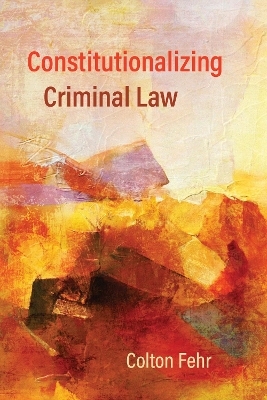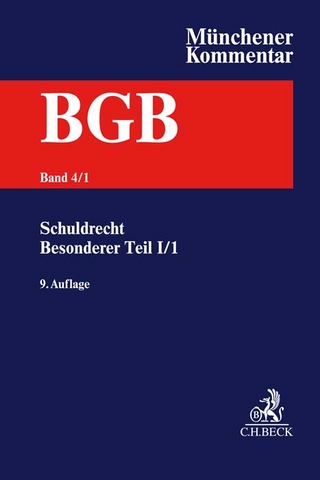
Constitutionalizing Criminal Law
Seiten
2022
University of British Columbia Press (Verlag)
978-0-7748-6767-2 (ISBN)
University of British Columbia Press (Verlag)
978-0-7748-6767-2 (ISBN)
Constitutionalizing Criminal Law explains why the Supreme Court of Canada’s jurisprudence considering the constitutionality of criminal laws fails to strike a principled balance between the need to increase the coherency of the criminal law while maintaining the legitimacy of judicial review.
Constitutionalizing Criminal Law calls for an overhaul of the way the Supreme Court of Canada has developed the relationship between criminal and constitutional law. After the adoption of the Charter of Rights, the court employed principles of criminal law theory when striking down criminal laws. More recently, it has invoked principles of instrumental rationality in doing so. In both cases, the court has consistently turned to the concept of fundamental justice under section 7 of the Charter to constitutionally challenge criminal laws in place of specifically enumerated rights. The existence of multiple avenues to challenge criminal laws constitutionally raises the question: Which set of rights should the court employ? This book persuasively argues that rights decisions should be based on enumerated rights where possible, the principles of instrumental rationality abandoned, and the principles of criminal law theory invoked only when an unjust criminal law cannot otherwise be challenged under the Charter.
Constitutionalizing Criminal Law calls for an overhaul of the way the Supreme Court of Canada has developed the relationship between criminal and constitutional law. After the adoption of the Charter of Rights, the court employed principles of criminal law theory when striking down criminal laws. More recently, it has invoked principles of instrumental rationality in doing so. In both cases, the court has consistently turned to the concept of fundamental justice under section 7 of the Charter to constitutionally challenge criminal laws in place of specifically enumerated rights. The existence of multiple avenues to challenge criminal laws constitutionally raises the question: Which set of rights should the court employ? This book persuasively argues that rights decisions should be based on enumerated rights where possible, the principles of instrumental rationality abandoned, and the principles of criminal law theory invoked only when an unjust criminal law cannot otherwise be challenged under the Charter.
Colton Fehr is an assistant professor in the Faculty of Law at the University of Saskatchewan. His scholarship has appeared in a number of journals, including the Journal of International Criminal Justice, McGill Law Journal, Queen’s Law Journal, University of British Columbia Law Review, Dalhousie Law Journal, Manitoba Law Journal, Alberta Law Review, Saskatchewan Law Review, Canadian Journal of Law and Technology, Canadian Criminal Law Review, and Criminal Law Quarterly.
1 Choosing among Rights
2 Principles of Criminal Law Theory
3 Principles of Instrumental Rationality
4 Enumerated Principles of Criminal Justice
5 A Normative Approach to Constitutionalizing Criminal Law
6 Lessons from the Canadian Experience
Notes; Bibliography; Index
| Erscheinungsdatum | 10.08.2022 |
|---|---|
| Verlagsort | Vancouver |
| Sprache | englisch |
| Maße | 152 x 229 mm |
| Gewicht | 400 g |
| Themenwelt | Recht / Steuern ► Allgemeines / Lexika |
| Recht / Steuern ► EU / Internationales Recht | |
| Recht / Steuern ► Privatrecht / Bürgerliches Recht ► Internationales Privatrecht | |
| Sozialwissenschaften ► Politik / Verwaltung ► Politische Theorie | |
| ISBN-10 | 0-7748-6767-1 / 0774867671 |
| ISBN-13 | 978-0-7748-6767-2 / 9780774867672 |
| Zustand | Neuware |
| Haben Sie eine Frage zum Produkt? |
Mehr entdecken
aus dem Bereich
aus dem Bereich
1. Halbband: §§ 433-480, CISG
Buch | Hardcover (2024)
C.H.Beck (Verlag)
CHF 166,60


